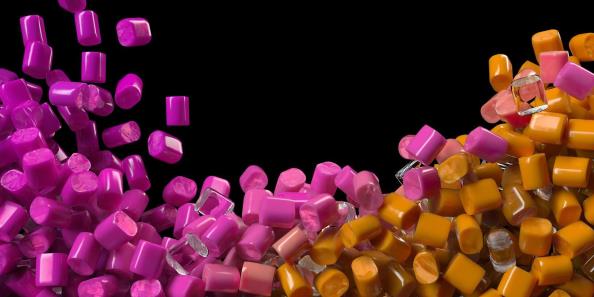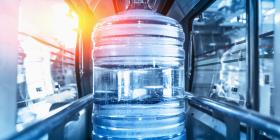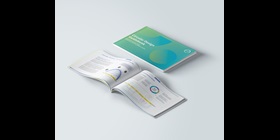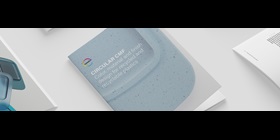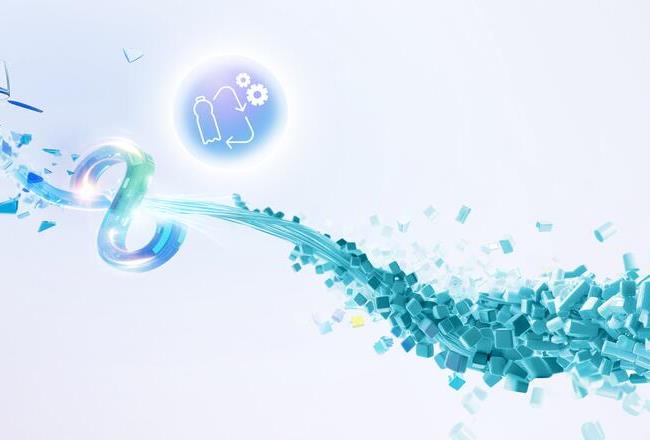
R series transform waste mechanically into high-performance solutions
From Waste to Resource: The Recycling Journey
A major shift from linear to circular economy in plastics has spread from electronics, consumer products to automotive industry. Mechanical recycling of engineering plastics has proven to be economically scalable to address plastic waste. During the recycling process, end-of-life materials are collected, sorted by colors and properties, then shredded into flakes and cleaned or de-coated depending on its impurity condition. The sorted clean flakes are then reprocessed into post-consumer recycled (PCR) granules.
To create a secured supply stream, we have expanded our waste sources with various categories from
19-liter water bottles, construction sheets to end-of-life (ELV) vehicle headlamps. Our sourcing strategy has further strengthened partnership from upstream to downstream across the waste value chain, securing a steady supply via different circular business models.
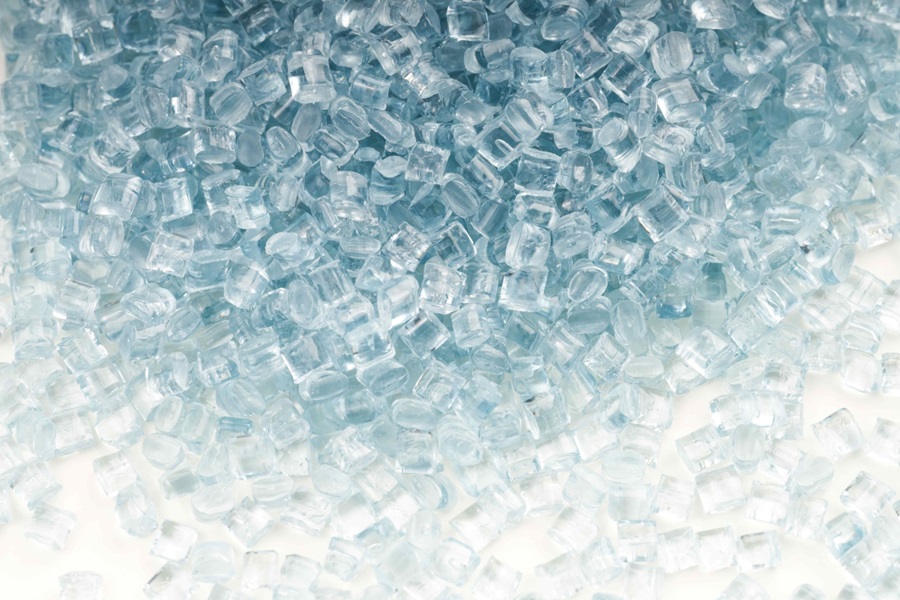
Traceability and Reliability: Advanced Quality Management
The quality stability and reliability of recycled materials remain our customers’ primary concern. We address these challenges by a comprehensive quality management system that ensures consistent performance even with high levels of recycled content. A “Global Raw Material Approval Procedure” ensures consistent performance through rigorous testing and annual supplier audits.
Rather than simply replacing virgin materials with recycled plastics, we develop robust formulations specifically optimized for stability and performance, selecting "the right feedstock for the right portfolio" based on industry specifications. Combined with rigorous incoming material control and standardized manufacturing processes, this comprehensive system delivers near-to-prime properties and consistent performance, validated by third-party PCR certifications.
Our comprehensive R product series, part of the CQ portfolio of circular intelligent solutions, meets diverse industry needs through three key product lines in polycarbonate and its blends: Makrolon® R, Bayblend® R, and Makroblend® R. Each line offers specific performance attributes while incorporating post-consumer recycled content, enabling customers across electronics, automotive, and consumer goods industries to achieve their sustainability goals without compromising on quality.
Advancing Circular Economy Initiatives
We’re committed to expanding Covestro circular economy initiatives globally through our worldwide network of polycarbonate compounding facilities, enabling both global and local supply capabilities across industries. We aim to supply more than 60,000 tons of recycled-content polycarbonates annually in the Asia Pacific region by 2026. Furthermore, our enhanced facilities can scale up to over 100,000 tons of mechanical recycling capacity as market demand grows.
Beyond providing recycled materials, we support customers with our Circular Design Guidebook and Circular CMF Design Guide. These resources help designers and engineers create products with both end-of-life recyclability and complete life cycle in mind. This transformation of the design phase could further contribute to a circular economy, enhancing the effectiveness of plastic recycling while expanding the accessible waste streams. These initiatives support our goal to achieve climate neutrality in the chemical industry while helping customers reduce their carbon footprint with more sustainable material solutions.
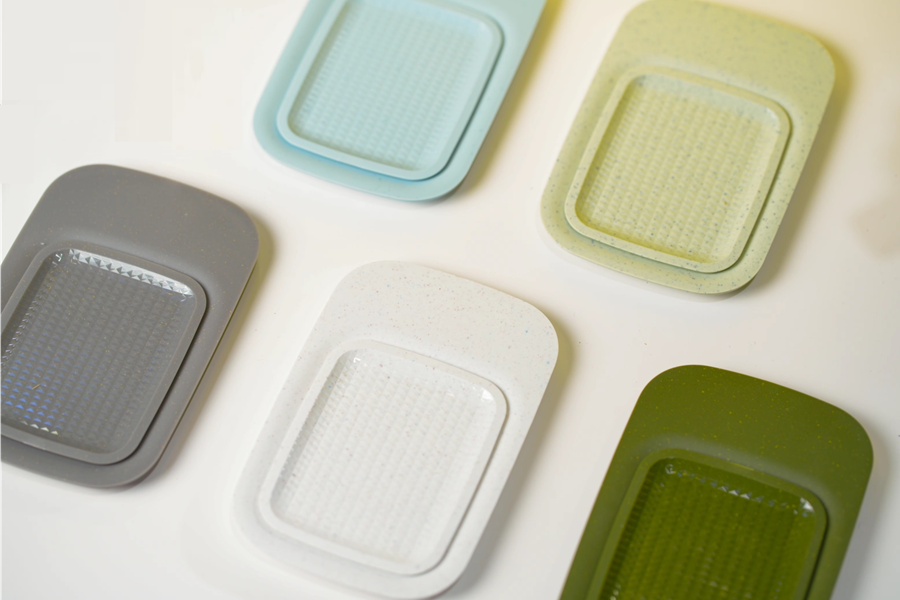
Our integrated approach – from strategic waste source selection to comprehensive quality management – is key to transforming post-consumer waste into high-performance mechanically recycled solutions.
Key benefits
- Trustworthy quality: Near-to prime performance to meet industry standards
- Traceable and certified: Raw materials with clear traceability and reliable supervising system
- Environmental impact reduction: Addressing plastic waste problem and significantly reducing carbon footprint by up to 70%










